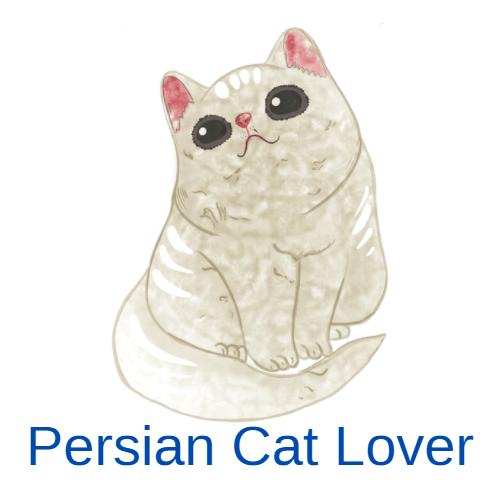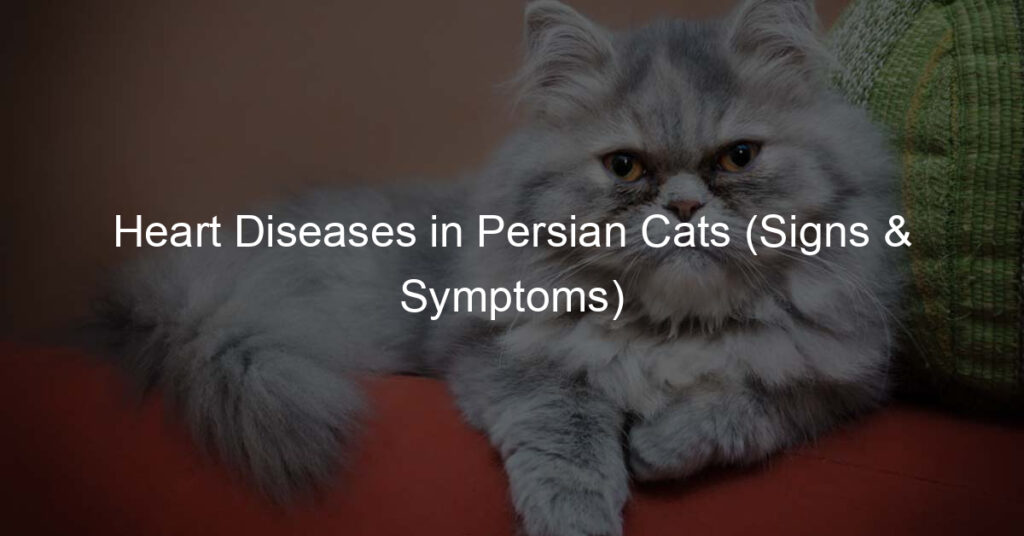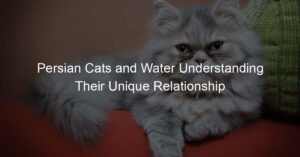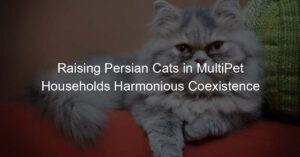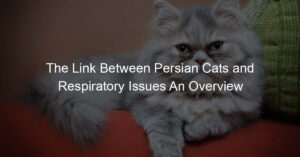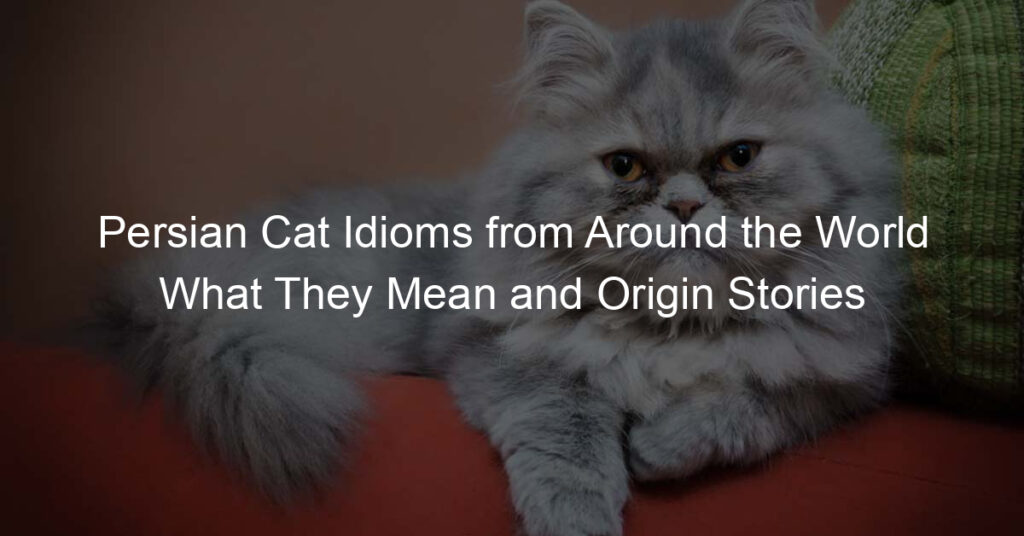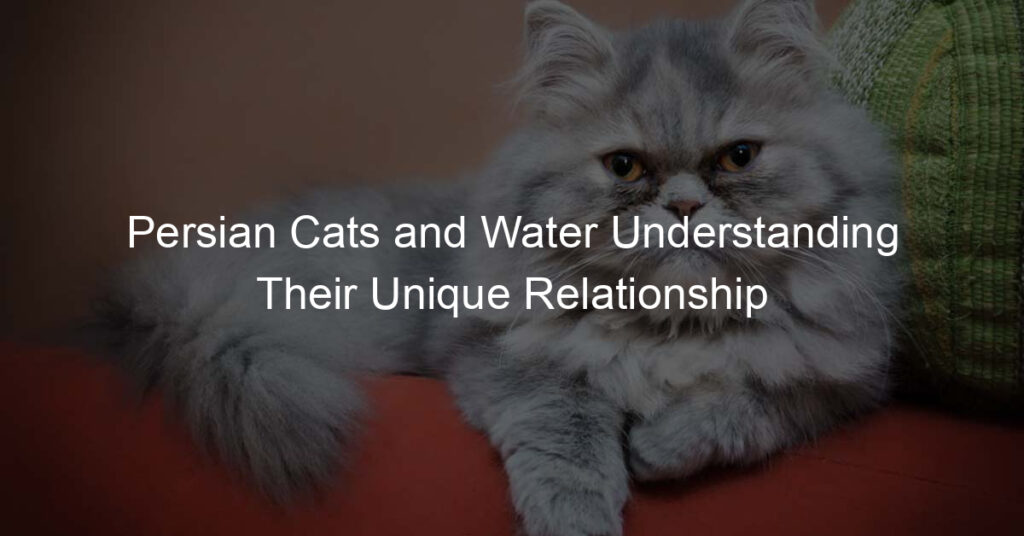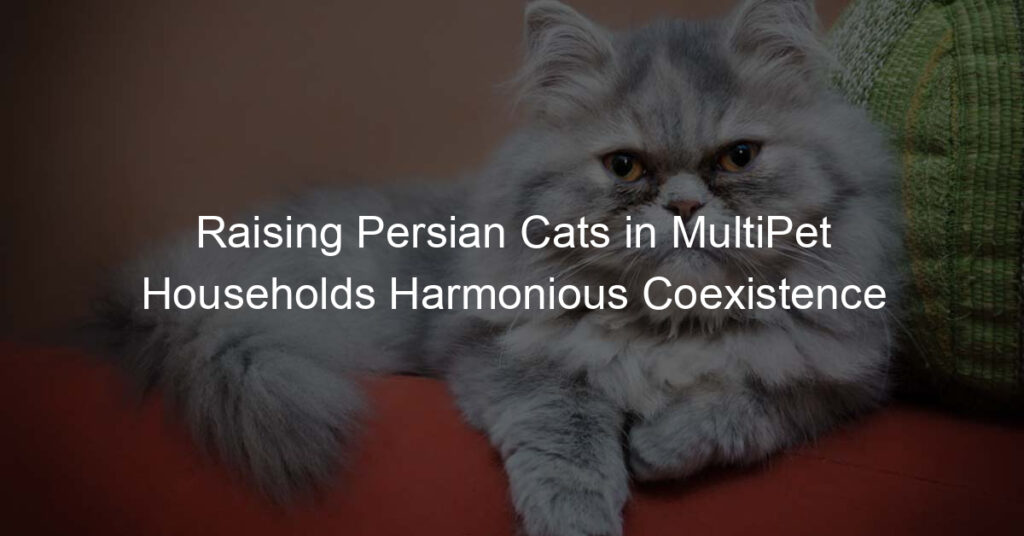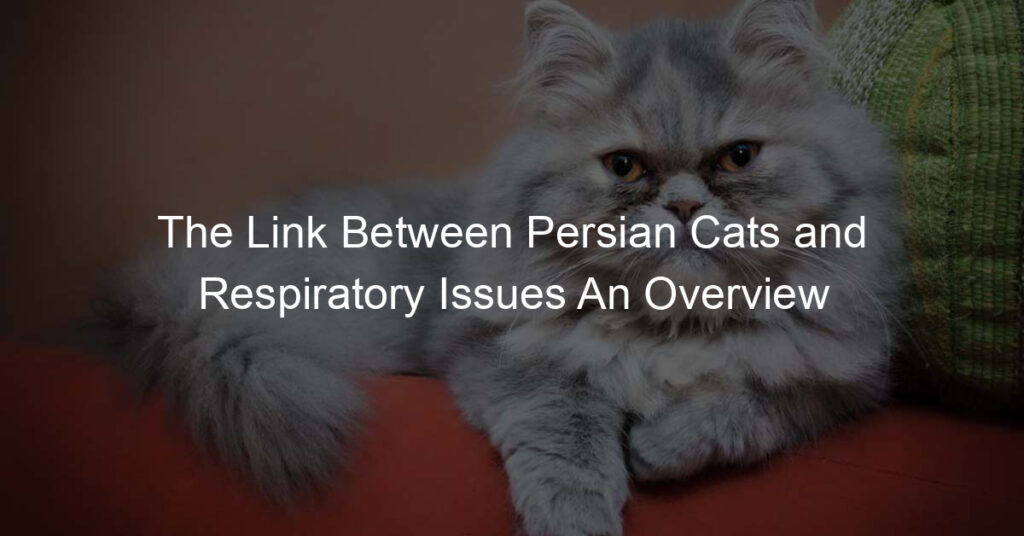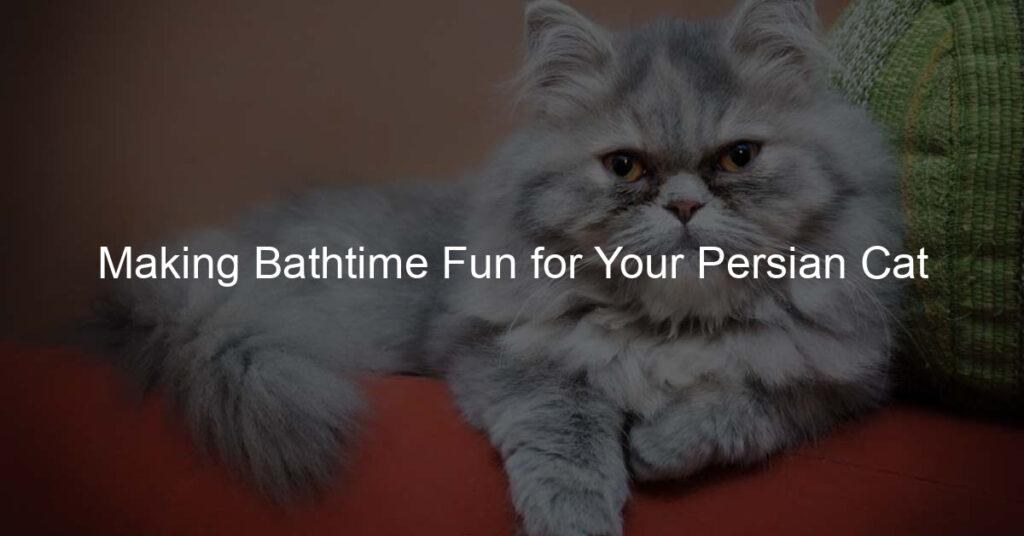Although cats are relatively low-maintenance pets, they can still develop serious health problems. One of the most common issues among felines is heart disease, which occurs when the heart doesn’t function properly.
Persian cats are especially susceptible to this condition, so it’s important to be aware of the signs and symptoms. Keep reading to learn more about heart disease in Persian cats and what you can do to help your furry friend if they’re affected.
What are the early stages of heart disease in cats?
The development of heart disease in cats is unique as compared to other species, such as humans. Feline cardiomyopathy is the most common type of heart disease in cats, and it begins with a decrease or lack of blood flow to the inner walls of the heart.
Other warning signs may include labored breathing and lethargy due to the sudden lack of energy and oxygen that the cat experiences. Over time the condition can lead to secondary developments such as fluid accumulation in the lungs and abdomen.
Dyspnea, an abnormal increase in respiratory rate, may also occur in cats with this type of heart disease in its early stages. Early recognition is critical to managing feline cardiomyopathy, as cats whose symptoms are left unchecked often suffer from irreversible and fatal changes to their organs.
How long do cats live after being diagnosed with heart disease?
Heart disease in cats is unfortunately quite common, but the prognosis after diagnosis can vary greatly depending on the type and severity of the disease.
Generally speaking, cats with milder forms of heart disease can live a fairly normal life if they receive medications, lifestyle adjustments like diet alterations, and routine veterinary care.
More advanced forms of heart disease can be much more difficult to treat, although many cats still do remarkably well even with advanced cases.
Unfortunately, there is no exact time frame to predict how long a cat may live following a diagnosis of heart disease since each case is unique; however, many cats have lived full lives with careful management of their symptoms.
How do I know if my cat has heart problems?
If you are concerned that your cat may be suffering from a heart problem, it is important to take notice of the signs and symptoms they are displaying.
Common indicators include coughing, labored breathing, lethargy, weight loss, and a decreased appetite. If your beloved pet has any of these symptoms, it’s best to contact your vet right away to schedule an exam.
Your veterinarian will then assess your condition and decide on the best course of action for treatment. With proper attention and guidance from your vet, you can ensure your cat stays healthy and happy for many years to come.
What causes sudden heart failure in cats?
Heart failure in cats is a frightening phenomenon that can happen without warning. Many people are unaware of the potential causes and medical conditions that can lead to sudden heart failure in cats.
While some cats can suffer from genetic or congenital heart diseases, the most common reason for sudden heart failure is often due to cardiomyopathy, which is an abnormal enlargement or thickening of the heart walls.
Other causes include systemic illnesses such as kidney disease, hyperthyroidism, and anemia, as well as certain cancers affecting the organ.
In addition, excessive exercise may also contribute to heart failure in cats, especially if they are not physically fit enough to keep up with their activity levels.
Finally, certain medications like diuretics and doxorubicin can harm a cat’s heart function if they aren’t managed properly.
What can I feed my cat with heart disease?
When it comes to a cat with heart disease, it’s important to ensure that its diet contains the right amount of vitamins and minerals for optimal health.
Feeding your cat foods low in sodium is strongly advised, as salt may exacerbate the condition. Many commercial cat foods exist specifically tailored toward cats with cardiac issues, so look into those first, as they are formulated with your cat’s health in mind.
If you’re concerned about specific ingredients, speak to your vet about selecting a diet suitable for your cat’s needs.
You can also consider supplementing their diet with fresh vegetables like carrots or peas—make sure to thoroughly cook them first to soften them and remove any toxins—as this can provide a range of beneficial vitamins and minerals that can help promote heart health.
Bringing it All Together: Heart Diseases in Persian Cats (Signs & Symptoms)
Persian cats are truly an extraordinary breed, characterized by beautiful, flowing locks. Unfortunately, Persian cats are also prone to heart diseases with which their owners need to be familiar.
Signs and symptoms of heart problems in these cats may include fainting episodes, prolonged periods of labored breathing, persistent coughing or wheezing, and a change in activity level.
This is why it’s so important for Persian cat owners to make sure they visit their veterinarian regularly so all potential health risks can be addressed, as well as other preventative care measures taken such as regular deworming and vaccinations.
Persian cats are also known for being very sensitive animals that need a supportive environment that offers emotional and physical comfort. By practicing good preventative care habits, you can ensure the health and longevity of your beloved furry friend!
